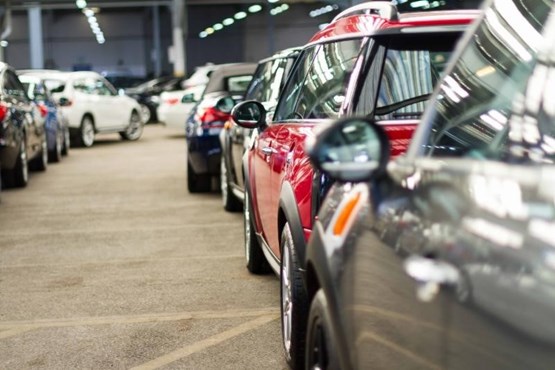The used car market saw a typical seasonal decline in December, with the average value of a three-year-old, 60,000-mile vehicle dropping by 1.5%, equating to approximately £260, according to data from Cap HPI.
Around 60% of vehicles at this profile saw a reduction in value, while 35% remained stable and 5% experienced an increase.
This December’s decline was less severe than the 2.1% drop recorded in the same period last year. In 2023, the market faced sharper reductions of 4.2% in the preceding months, culminating in a cumulative decline of 10.5% over the final quarter.
By contrast, the last three months of 2024 demonstrated greater resilience, with a more moderate cumulative movement of -4.2%, demonstrating the market’s relative stability.
Commenting on the data, Chris Plumb, head of current car valuation at Cap HPI, said: “In line with the retail market, December’s wholesale activity has entered the typical seasonal slowdown, with conversion rates and performance against cap values gradually declining throughout the month. This trend closely mirrors previous Decembers.
“While some trade buyers remain active, they are highly selective, focusing only on the best fresh stock offered by vendors. Key factors influencing purchasing decisions include vehicles with clean mechanical and cosmetic condition reports, good specifications, provenance, desirable colours, low mileage, and competitive pricing.
“Vehicles requiring mechanical repairs or significant cosmetic improvements continue to pose challenges for vendors. Such stock often requires multiple attempts to sell and typically achieves lower returns compared to cap clean values. This trend has been consistent throughout the year, emphasising the importance of accurate vehicle assessments to ensure quick and efficient stock turnover.”
Fuel types displayed similar performance trends, with petrol vehicles experiencing the largest decline for the second consecutive month at -1.8%, equivalent to £270.
Plug-in hybrid electric vehicles (PHEVs) followed closely, declining by -1.6% (£350), while battery electric vehicles (BEVs) saw a drop of -1.4% (£280).
Hybrid electric vehicles (HEVs) and diesel vehicles were the most stable, both registering a smaller decline of -1.2% (£210).
The wholesale BEV market has continued to evolve, with significant progress observed throughout 2024. Auction sales attempts for BEVs now match those of other fuel types, and this year has marked a record-breaking moment for used BEV volumes, showing a 90% increase compared to 2023. The total sales volume for 2024 has exceeded the combined figures recorded between 2019 and 2023.
In the retail sector, consumer demand reflected the seasonal slowdown with a slight increase in average days to sell. Data from Cap HPI’s retail advert database showed an average of 43 days to sell in December, up from 41 days in November.
Despite these seasonal adjustments, the market has remained relatively stable, signalling its resilience amid ongoing changes in consumer behaviour and growing adoption of electric vehicles.
Plumb commented: “The outlook for January, and beyond, is optimistic and largely positive. Low supply will continue to play a key role in maintaining healthy competition and demand for used car stock, while projected consumer demand remains encouraging.
“2024 has been a successful year for both vendors and retailers. Reduced used car stock volumes returning to the market and healthy retail consumer demand have underpinned market stability. At this stage, there is no reason to believe that the first quarter of 2025 will differ significantly in terms of demand and overall stability.”

